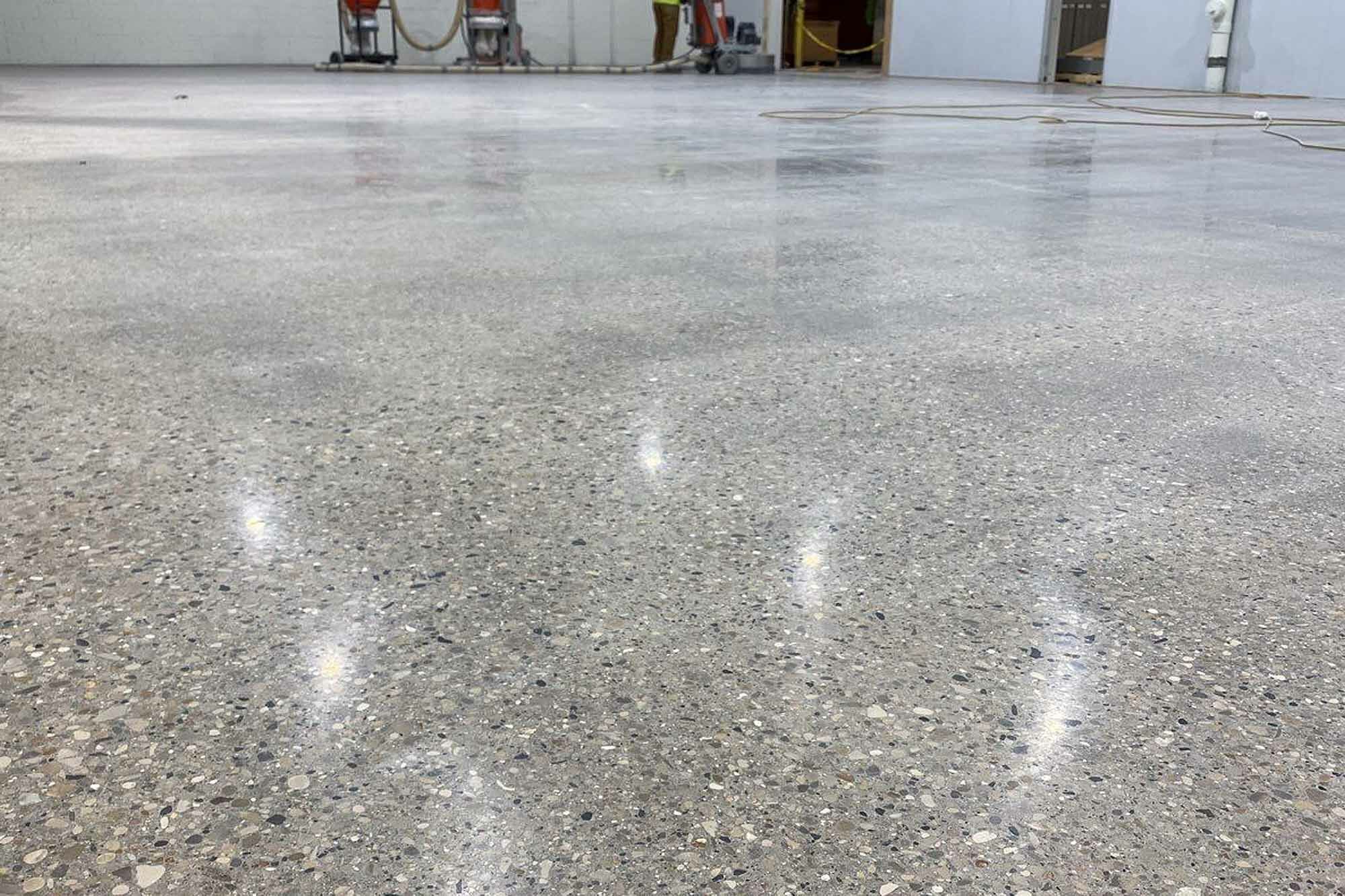Budget-friendly Concrete Solutions: Quality Handiwork at Competitive Costs
Wiki Article
Introducing the Eco-Friendly Advantages of Utilizing Recycled Concrete in Lasting Building Practices
In the world of lasting building techniques, the utilization of recycled concrete stands as a pivotal yet typically underestimated resource. Past its conventional applications, recycled concrete offers a myriad of eco-friendly advantages that expand much beyond the confines of typical building materials.Ecological Benefits
By integrating recycled concrete into building and construction methods, there is a substantial decrease in the requirement for brand-new raw materials, leading to conservation of all-natural resources. In addition, the usage of recycled concrete decreases the quantity of waste being sent to garbage dumps, thereby lowering environmental pollution and reducing the strain on land fill capabilities (Concrete).

Moreover, the manufacturing of traditional concrete is a considerable source of carbon exhausts because of the energy-intensive process of cement manufacturing. On the other hand, recycled concrete has a reduced carbon impact as it minimizes the need for brand-new concrete manufacturing. This decrease in carbon exhausts adds to mitigating environment modification and sustains sustainable building and construction techniques. On the whole, the environmental advantages of utilizing recycled concrete are considerable and play a crucial role in promoting environmentally friendly building methods.
Cost-Efficiency
When analyzing the usage of recycled concrete in construction tasks,Attaining cost-efficiency is a paramount consideration. Among the essential advantages of utilizing recycled concrete is its cost-effectiveness contrasted to traditional concrete. The production of recycled concrete involves less power and resources as it utilizes existing products, lowering the overall task expenses substantially. In addition, the schedule of recycled concrete in your area can further decrease transport expenses, making it an extra cost-effective choice for construction projects.In addition, using recycled concrete can bring about cost savings in garbage dump costs by diverting concrete waste from disposal sites. This not just reduces the ecological influence but also eliminates the expenses linked with waste removal. The sturdiness and performance of recycled concrete are similar to standard concrete, making sure that cost financial savings do not compromise the top quality of the building.
Sturdiness and Toughness
Thinking about the significant cost-efficiency benefits of utilizing recycled concrete, it is crucial to examine its longevity and toughness in building applications. Recycled concrete offers similar, otherwise premium, sturdiness and stamina properties to conventional concrete. With developments in processing strategies and quality assurance, recycled concrete can satisfy or exceed the performance criteria of conventional concrete. The process of reusing concrete entails crushing, arranging, and screening old concrete to produce accumulations that can be made use of in new construction jobs. These recycled accumulations are qualified of giving satisfactory compressive strength, durability, and long-lasting performance.
Waste Decrease
When it comes to using recycled concrete, waste decrease is a key advantage that adds substantially to environmental conservation. By incorporating recycled concrete right into building and construction jobs, this waste is repurposed and diverted from land fills, minimizing the overall ecological influence of building activities.In addition, the use of recycled concrete can lead to cost savings for construction jobs, as it is often extra budget-friendly than sourcing and moving brand-new materials - Concrete. In conclusion, waste decrease through the utilization of recycled concrete is an important component of lasting construction methods that profits both the building and construction and the environment market as a whole.
Energy Conservation
Energy conservation is a vital facet of lasting construction practices, aiming to lower the overall power intake Read Full Report associated with building procedures and materials manufacturing. Considerable energy savings are attained compared to standard concrete manufacturing when it comes to utilizing recycled concrete in building. The process of producing recycled concrete includes recycling and crushing existing concrete materials, which takes in less energy than mining, handling, and carrying raw products for new concrete manufacturing. Additionally, the use of recycled concrete can help decrease the need for virgin aggregate, more lowering the energy-intensive removal and processing of all-natural sources.Conclusion
In conclusion, the use of recycled concrete in sustainable construction techniques supplies countless environmental benefits, cost-efficiency, i was reading this durability, strength, waste decrease, and energy preservation. By incorporating recycled concrete into building tasks, we can add to a more lasting and eco pleasant future. It is vital for the construction market to prioritize the use of recycled products to aid decrease the environmental impact of building and construction activities.One of the key advantages of utilizing recycled concrete is its cost-effectiveness compared to typical concrete.Additionally, the usage of recycled concrete can lead to financial savings in land fill prices by diverting concrete waste from disposal websites. The resilience and performance of recycled concrete are equivalent to conventional concrete, ensuring that cost financial savings do not jeopardize the high quality of here are the findings the building and construction.

Report this wiki page